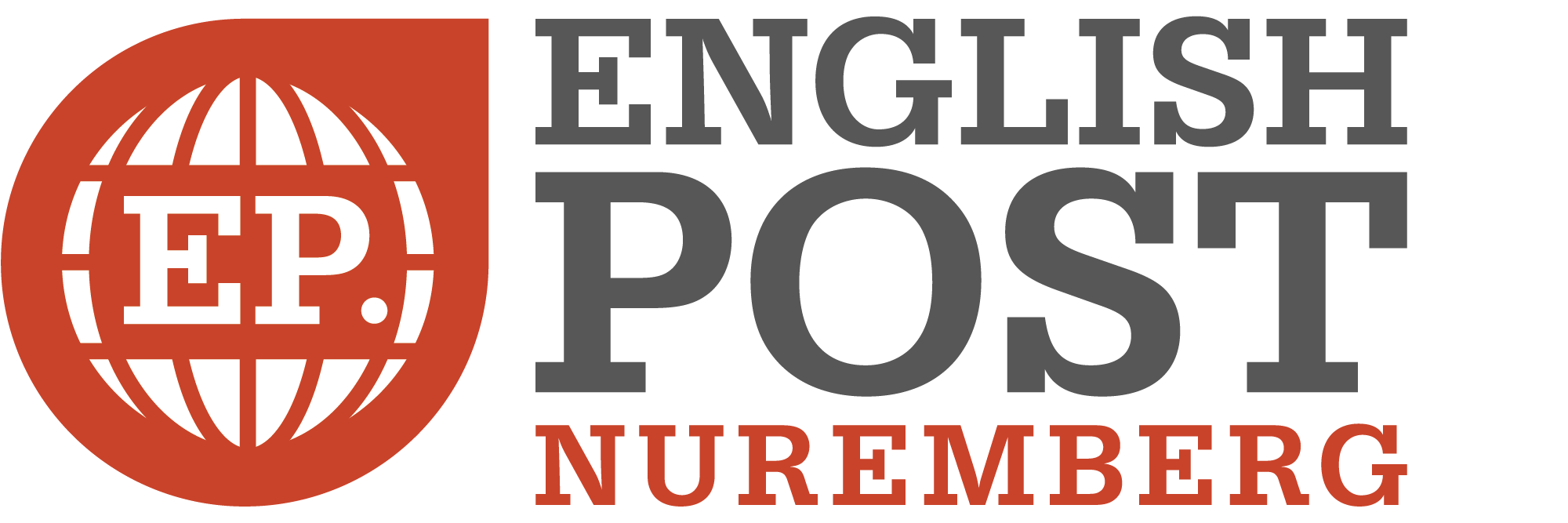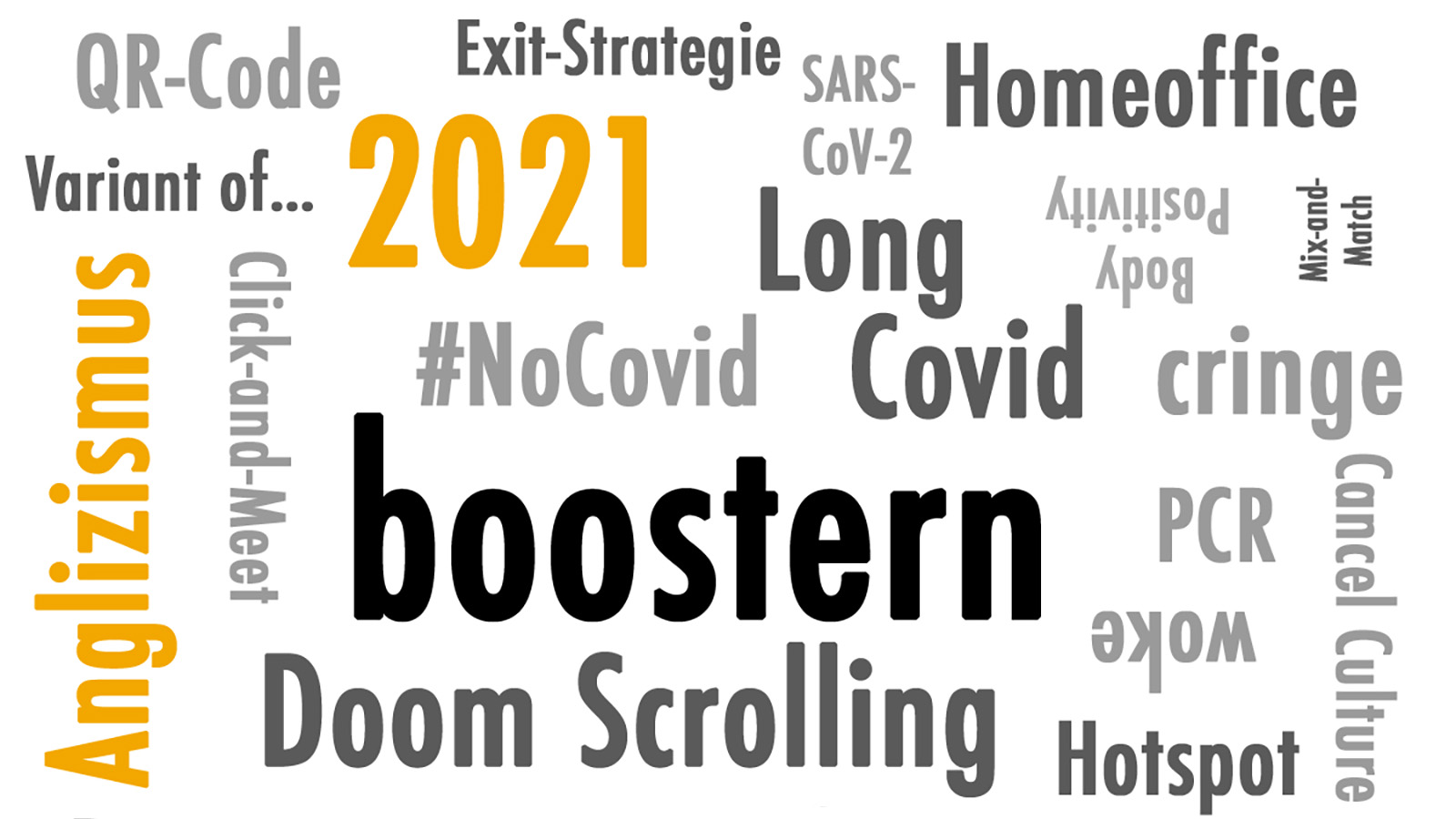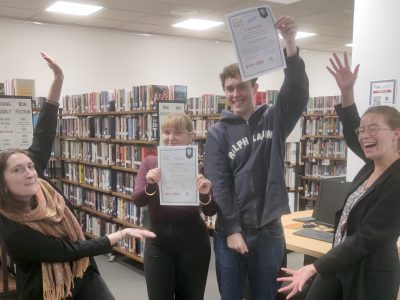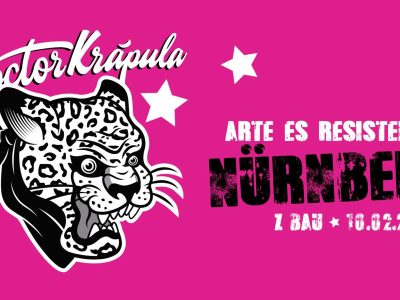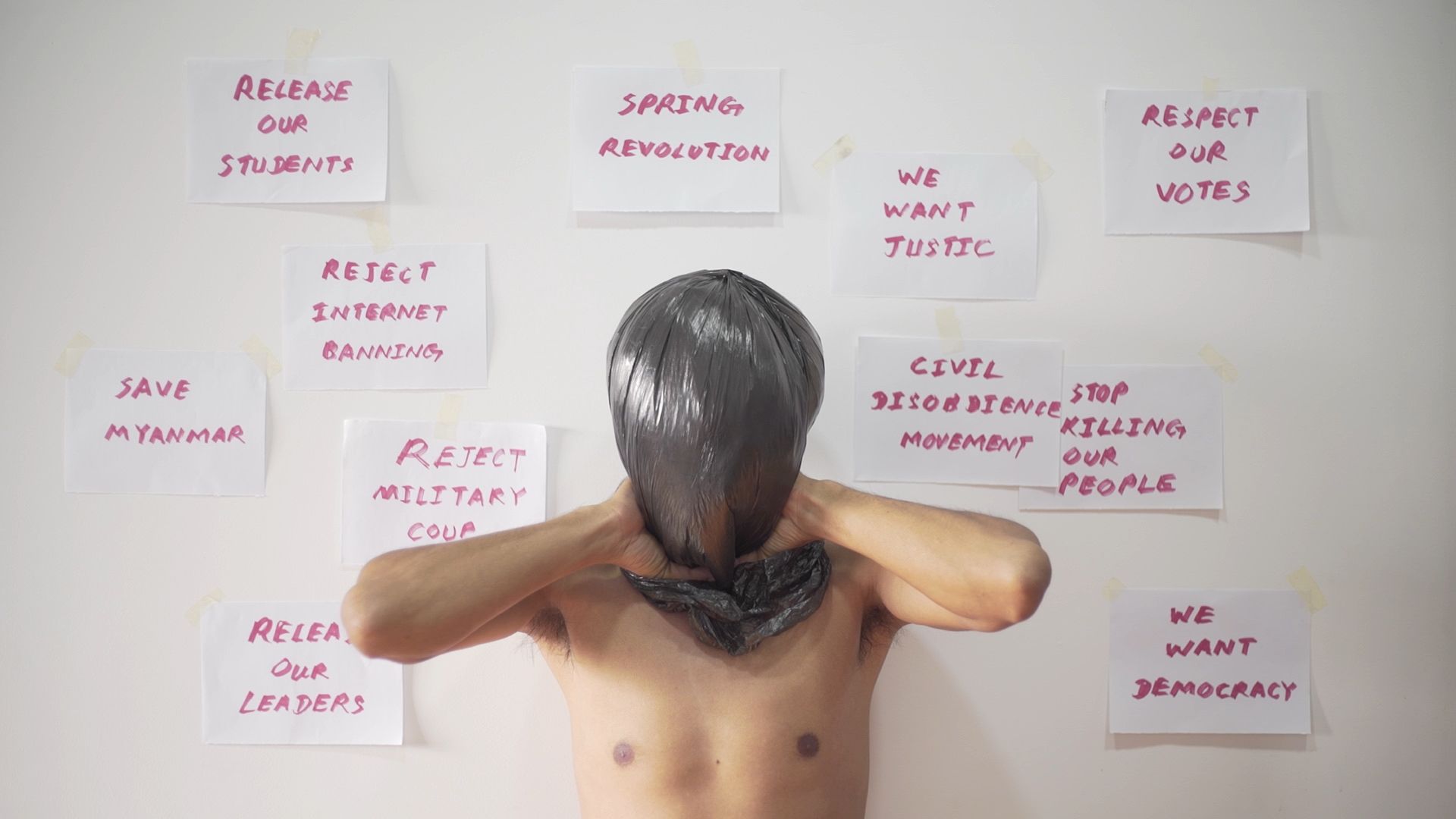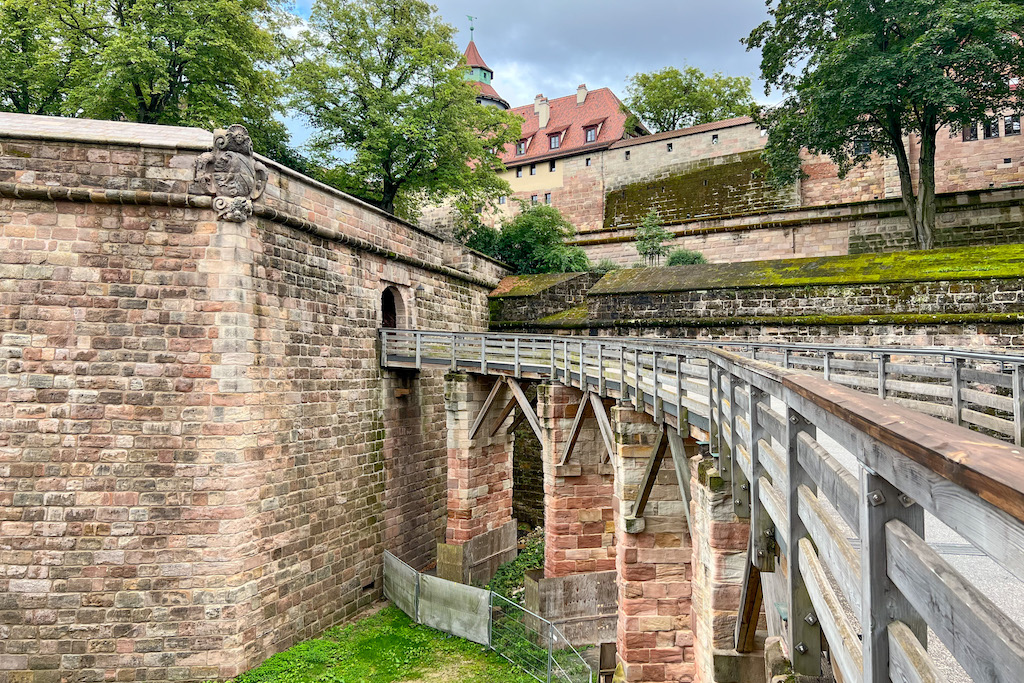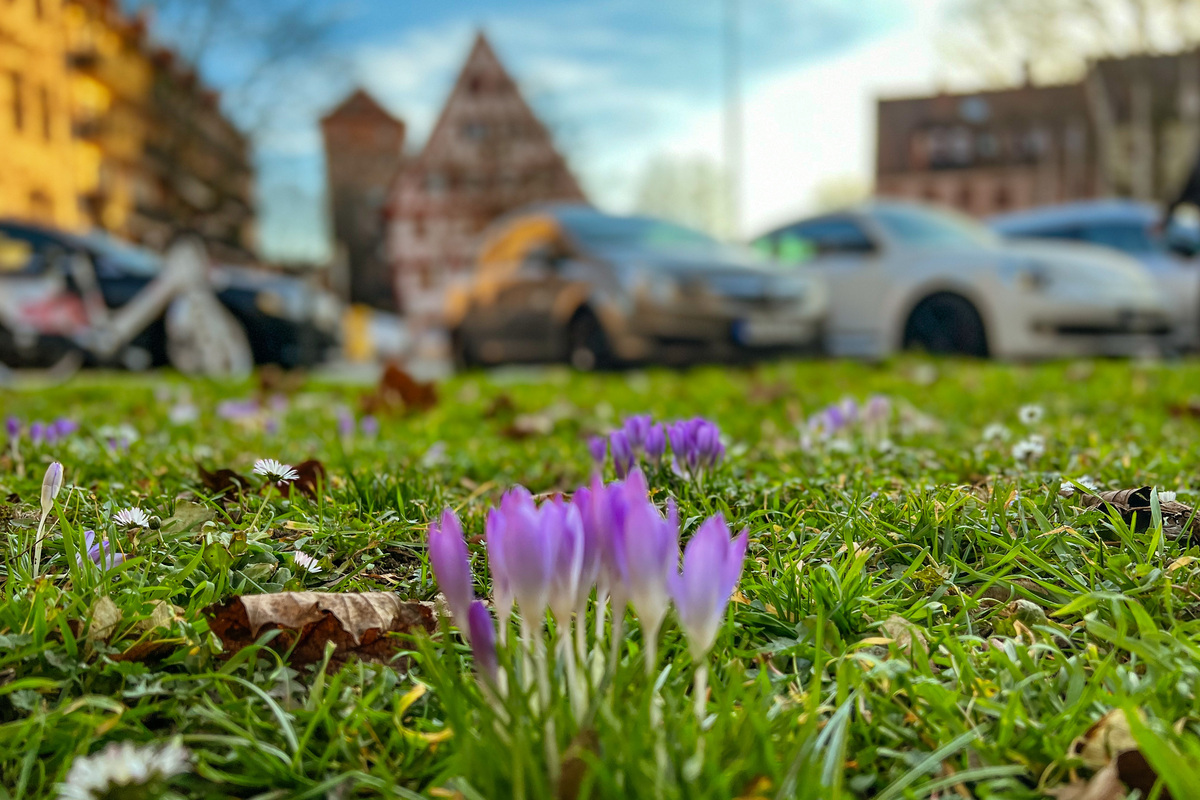An Anglicism is not an illness (although some linguists may disagree), nor has it anything to do with religion (that’s Anglicanism). An Anglicism is, of course, a word or phrase borrowed from the English language. I sometimes wonder about words being “borrowed,” does that infer they will be given back in future? But then again, over time, English itself has “borrowed” words from many other languages, especially from Latin, French, and German. So I guess, in a sense, they are now being “returned.” Since 2010 a jury of linguists in Berlin have identified those Anglicisms which found significant use in the German language in the previous year. Below are their results and an article by Prof. Dr Anatol Stefanowitsch of the University of Berlin.
The German Anglicism of the year 2021 is the word boostern.
Winner and Crowd Favourite
boostern
Shortlisted
Long Covid, QR code, cringe, woke
boostern.
In German, the verb boostern refers to the refreshing of a Covid vaccination. It is often used in the formulations to get boosted (boostern lassen) or to be boosted (geboostert sein). Occasionally, the word can be found earlier in medical texts in the broader meaning “to strengthen (the immune system)“, its spread with the narrower everyday meaning began in October 2021, when the verb appears at the same time as the noun Booster in general usage and almost seamlessly became an integral part of the German vocabulary.
Unlike the noun, which is clearly borrowed from English, the verb is a German creation. The noun booster shot (booster vaccination) appears in English as early as the mid-1940s, shortened to booster in the 1960s. However, the corresponding verb to boost – a secondary form to booster, was extremely rare before January 2022 and is therefore not considered a model for the German boostern. The verb to booster has only been found more frequently in English since the beginning of January – the German language community recognised the potential of English here and adopted it even ahead of the English language community.
The jury was impressed by the speed with which the word filled the gap in vocabulary caused by a new form of booster vaccination, as well as the ease with which it found its place in the German grammatical system. It has simply taken over the grammatical place of the German verb impfen (to vaccinate), which has a related meaning – whereas we are geimpft (vaccinated) against some disease, so we are geboostert with a vaccine against corona. Boostern differs from the already existing formulation in German, Auffrischungsimpfung (refresher vaccination), in several ways. First, it relates specifically to COVID vaccinations and allows for concise, yet clear communication in the ongoing pandemic. Secondly, the emphasis with boostern is on the transience of the vaccination protection – we are only geboostert as long as the protective effect of the booster vaccination is still sufficiently high. Third, the word has an upbeat and dynamic connotation that the German word Auffrischung just doesn’t quite reach.
[Definition of the word boostern in the DWDS and in the elexico ]
More words.
Last year’s Anglicism of the Year election showed that, in the wake of the COVID-19 pandemic, German vocabulary is expanding at a speed rarely seen. This trend continues, and words loaned from the English language continue to play a central role alongside many German creations. In addition to the winning boostern, the words Long Covid and QR code also made it onto the shortlist.
[Corona glossary of the DWDS and explanations of the IDS on terms of the corona crisis]
As the adjective long already suggests, the term Long Covid will probably keep us busy for some time to come – as a term for what is likely to be the most important chronic disease in society in the foreseeable future, it has good prospects of becoming Anglicism of the decade. The word-formation pattern adjective + noun is rather atypical for German. It is mainly found in loan translations such as Schwarzes Loch (black hole) or Weißer Zwerg (white dwarf). However, it is unlikely that Long Covid will be Germanised to “Langes Covid” – if only because the disease is generally referred to in German as Corona.
The term QR code (short for Quick Response Code) and the associated technology are relatively old – invented in Japan in 1994 . The word has only been used in German since 2006, initially very slowly but with steadily increasing frequency – the language community having little use for the technology simply does not talk about it. At the beginning of 2021, the frequency of the word in language use increased by leaps and bounds as a consequence of the many check-in apps and digital vaccination certificates used to manage the pandemic. Finally, a use for the technology emerged that even the digital latecomer Germany could not ignore.
Not only is the pandemic shaping German vocabulary, two completely COVID -free words have also made the shortlist, namely cringe and woke. The word cringe was already youth word of the year – unlike most other words that have been given this honour, it is actually used by young people in their everyday language and describes an intense feeling of Fremdscham (feeling of embarrassment from observing the embarrassing actions of another person or group) – often towards the generation that is also associated with the public favourite from 2019, OK, Boomer. This generation countered with the adjective woke, which comes originally from the black civil rights movement of 1960s USA and was used there to describe people who had recognised racist social structures – often with the request, Stay woke! It experienced a renaissance as part of the more recent Black Lives Matter movement and was finally discovered by the conservative arts pages in Germany and elsewhere as a synonym for the outdated battle cry politically correct. Currently, it is being used cynically to identify people who point out social grievances.
[ Frequency development of the words on this year’s shortlist in the IDS data]
About the competition
The independent initiative Anglizismus des Jahres (Anglicism of the Year) has recognised the positive contribution of English to the development of German vocabulary every year since 2010. Previous Anglicisms of the year were leaken (2010), Shitstorm (2011), Crowdfunding (2012), the suffix – gate (2013), Blackfacing (2014), Refugees Welcome (2015), Fake News (2016), Influencer (2017), Gender Asterisk (2018), …for future (2019) and Lockdown (2020).
The Chairman of the jury and founder of the initiative is Prof. Dr Anatol Stefanowitsch, a linguist at the Free University of Berlin. Since 2010 he has been supported by the Anglicist Dr Susanne Flach (University of Zurich). Lexicographically, the choice of words is determined by PD Dr Alexander Geyken and Dr Lothar Lemnitzer from the Berlin-Brandenburg Academy of Sciences. They are working at the Center for Digital Lexicography of the German Language (ZDL) to set up a freely accessible digital information system on German vocabulary. The jury is completed by Dr Marc Kupietz, Head of the Corpus Linguistics department at the Leibniz Institute for the German Language (IDS) in Mannheim, who provides reliable frequency data on the word candidates.
Free translation by English Post of a press release by Prof. Dr Anatol Stefanowitsch (Free University of Berlin)
To read the article in the original German version click here.
